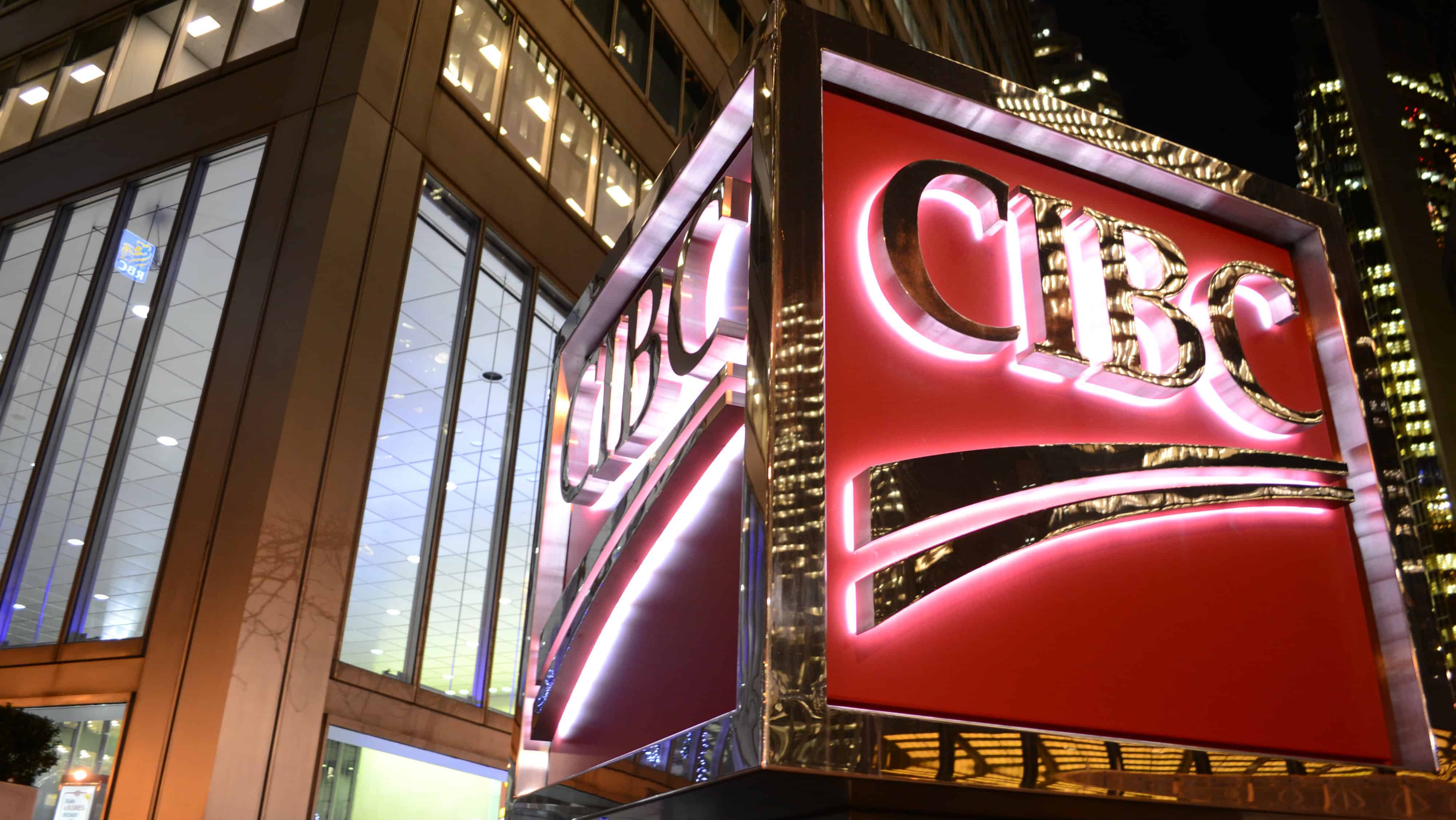Canadian Imperial Bank of Commerce (TSX:CM)(NYSE:CM) announced July 10 that it was buying Geneva Advisors, a Chicago-based wealth management firm, for US$200 million.
While it’s not the acquisition I was hoping for — in late June I suggested CIBC should buy California bank SVB Financial Group — it did manage to catch banking analysts flatfooted.
“We were a little surprised by this transaction, announced so soon after the close of the PrivateBancorp acquisition,” Doug Young, an analyst with Desjardins Capital Markets said in a note to clients. “With that said, in terms of size the transaction appears manageable and overall is on strategy with management’s goal to further add scale in the U.S.”
It’s peanuts
A US$200 million deal is not going to break the bank, but it sends a message to its peers, especially Bank of Montreal, whose biggest chunk of U.S. business comes from the Midwest. It’s a deal that says it’s serious about expansion south of the border.
It also tells investors that it’s so confident of its future stock price that it’s willing to pay for 75% of the acquisition by issuing its stock.
While some analysts might not like the dilutive effect of the deal, I believe it gives the employees of Geneva Advisors, who currently own the business, an opportunity to grow their wealth while having the backing of a world-class bank.
With US$8.4 billion in equity and fixed-income assets under management, once the deal closes in the fourth quarter, CIBC’s U.S. business will have close to US$50 billion in assets under administration.
Stock is down
Since hitting an all-time high of $120.83 in late February, CIBC stock is down 11.9%. The principals at Geneva likely took a lower sale price for their business in return for a higher proportion in CIBC stock.
Let’s assume Geneva took 10% less for a 75%/25% stock/cash split. Instead of getting US$225 million in cash, it’s accepting US$200 million with US$150 million in stock — approximately 1.82 million shares.
If CIBC stock returns to its 52-week high of US$92.22 by the end of 2017, Geneva’s employees will have gotten most of the difference (US$25 million) back with plenty of upside potential in 2018 and beyond.
As asset managers, it’s a smart deal for Geneva; for CIBC, it gets a motivated bunch of employees.
Warren Buffett’s worst move
If you follow Berkshire Hathaway Inc. (NYSE:BRK.A)(NYSE:BRK.B) carefully, you probably are familiar with Dexter Shoe Co., the 1993 acquisition he calls the worst he’s ever made.
Paying US$433 million for the Maine shoe company, Buffett used Berkshire’s Class A shares rather than cash to make the deal. Susan Alfond, whose father Harold bought Dexter in 1958, is now Maine’s richest person according to Forbes at US$1.4 billion.
The deal has been particularly bad because Dexter Shoe never amounted to much and eventually the remaining assets were folded into Berkshire Hathaway’s H.H. Brown Shoe Group.
“What I had assessed as durable competitive advantage vanished within a few years,” Buffett wrote in 2008. “By using Berkshire stock, I compounded this error hugely. That move made the cost to Berkshire shareholders not $400 million, but rather $3.5 billion. In essence, I gave away 1.6% of a wonderful business — one now valued at $220 billion — to buy a worthless business.”
Bottom line
In the case of CIBC, Geneva Advisors is wisely betting that they’ll do better financially within CIBC than as a standalone business.
Quite the opposite of Buffett’s move, CIBC CEO Victor Dodig is using its stock to obtain another piece in the U.S. puzzle.
This deal is a win/win scenario.









